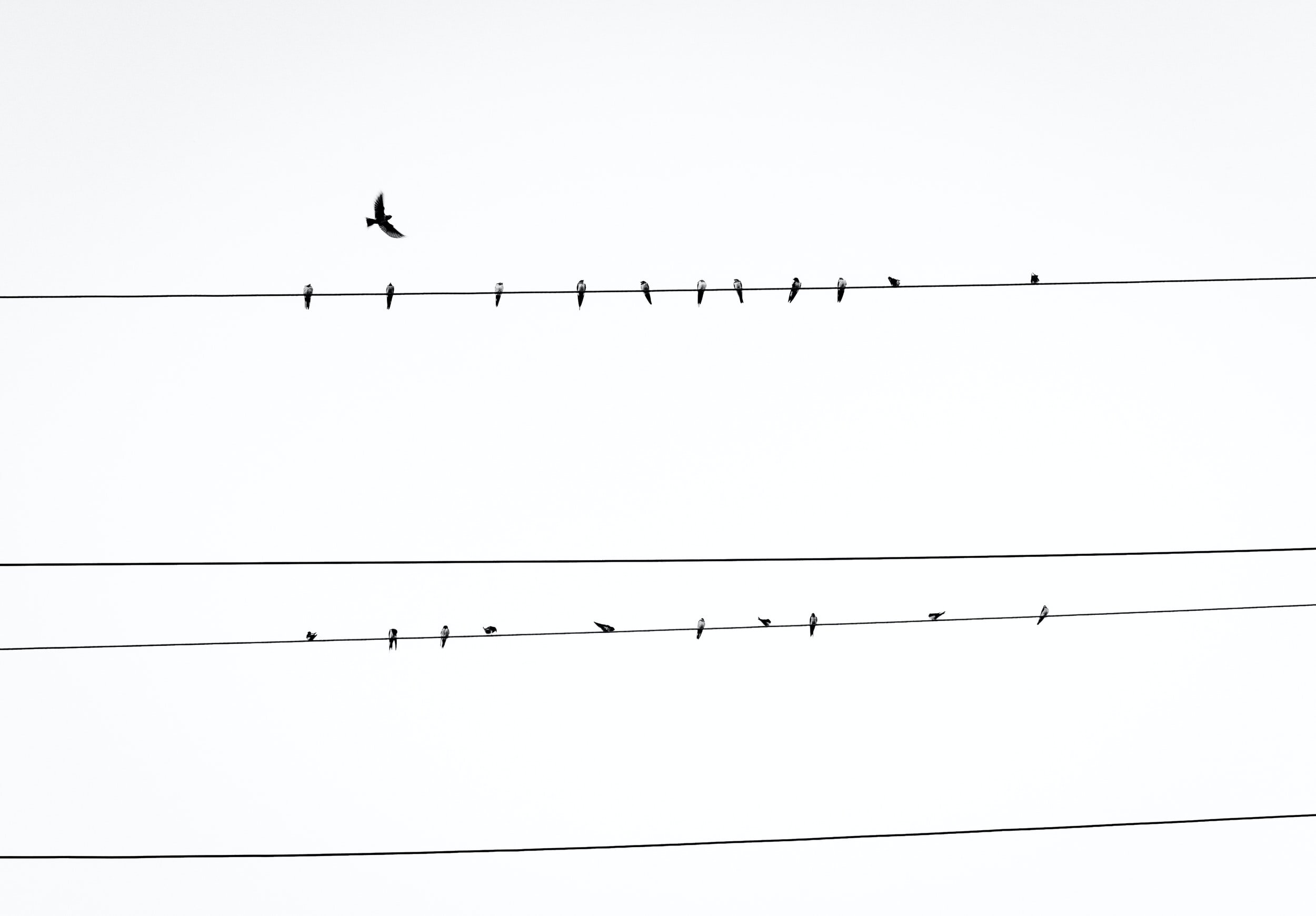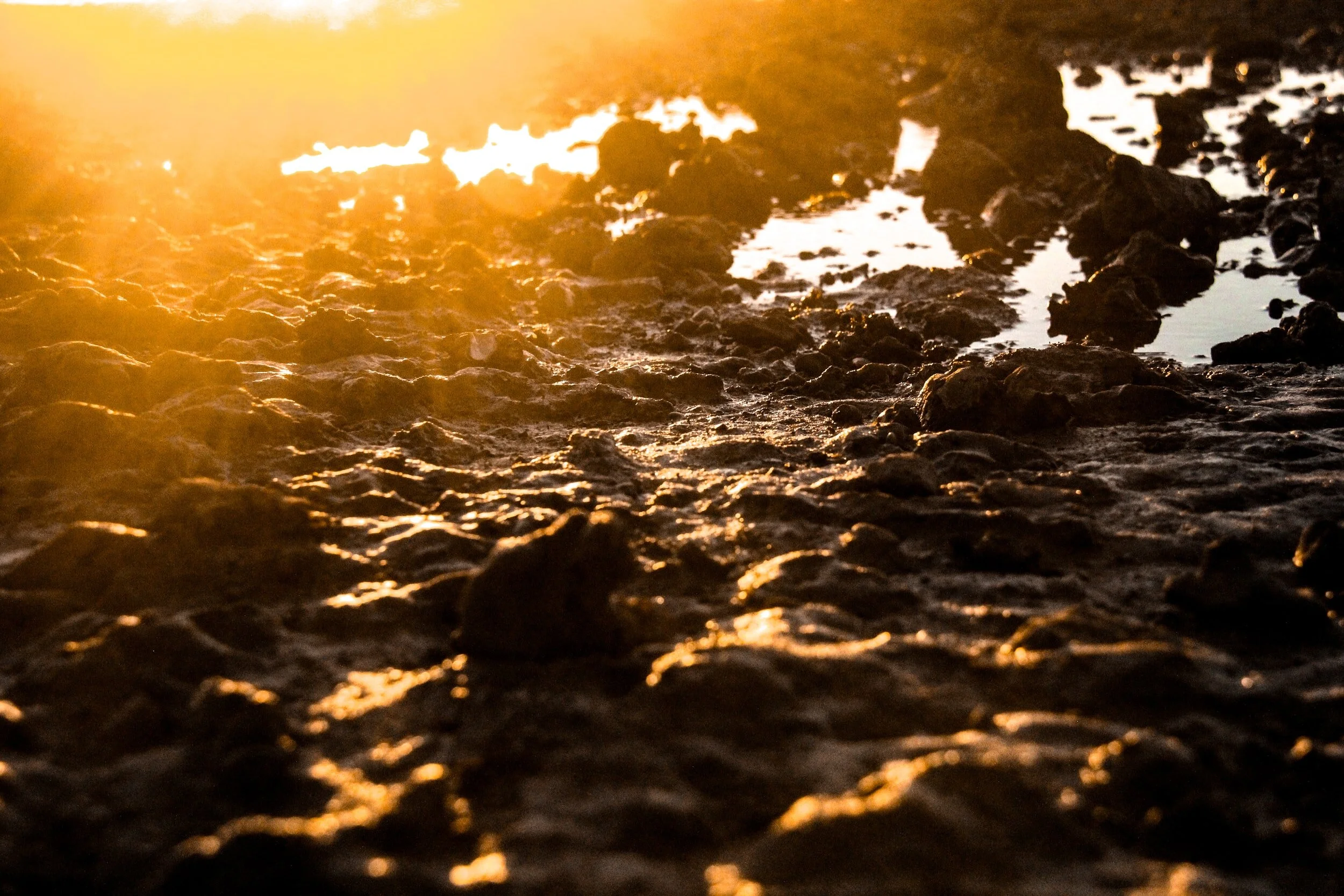This year, why not feature a bouquet of flowers as the Thanksgiving table centerpiece rather than a turkey, in honor of the hardworking pollinators that helped most of our foods grow and fruit? To us flowers represent sheer beauty, but to pollinators, they represent a feast of pollen and nectar.
One in every three bites of food we eat is courtesy of insect pollination and that food contains major proportions of essential micronutrients like vitamins A & C, iron, zinc, folate, amino acids and antioxidants. Even some of the plants that cows eat (alfalfa and clover) to produce milk—from which we make cheese, butter and ice cream—and beef, depend on pollinators.
In addition to the European honey bee introduced to North America in 1622, pollinators include the bumble, orchard, squash and other bees, as well as moths, beetles, hummingbirds, butterflies, bats, and flies.
Insect pollinators travel from flower to flower during sunny days that are warm enough for flight, visiting as many as 1,000 flowers per day, gathering nectar and spreading pollen along the way. Flowers evolved nectar as pollinator bait. Drawn to the nectar, pollinators inadvertently do what most plants cannot do for themselves—move the pollen (the male part of the plant) to the plants’ female parts to make seeds. That’s why we have fruits and nuts!
There are about 3,600 species of native wild bees in the United States, but their numbers are declining due to pesticide exposure, habitat loss, poor nutrition and diseases. Indeed, the once-common rusty patched bumble bee was added to the Endangered Species List in 2017.
Pollinators depend on flowers with nectar; without flowers many species starve. Moreover, without the pollinators, 90 percent of all species of wild plants and trees may eventually become extinct.
According to the Xerces Society book, Attracting Native Pollinators, “In China’s Sichuan Province, one of the largest apple producing regions in the world, farmers perch on ladders in mountainside orchards to pollinate blossoms by hand. The farmers have adopted this practice because wild bees are now absent in their area, and honey beekeepers refuse to bring in their hives due to excessive pesticide use in the orchards.”
When we take care of the pollinators by planting the locally native plants they co-adapted with over millions of years, and by using insecticides, fungicides or herbicides only when there is no alternative, not only are we ensuring food supplies for man and animal, we are also encouraging beneficial insects that prey on true crop pests. All of the fragrant, colorful flowers aren’t so bad either.
So, as you scoot that cranberry sauce onto your bite of turkey, thank a bumble bee. And when you savor that pumpkin pie, thank a squash bee. If it’s served a la mode, thank a leafcutter bee for pollinating the dairy cow’s alfalfa. If you chase it with a cup of coffee, thank a tropical stingless bee or fly. You might even consider capping off the evening with a mead wine toast to our little striped friend, the honey bee.
Happy Thanksgiving!
Learn more about Bee City USA here. For more information about our local Bee City US program, contact Gretchen Reid. Check out our article about Martha Krauss, who helped bring Bee City USA to Matthews!













